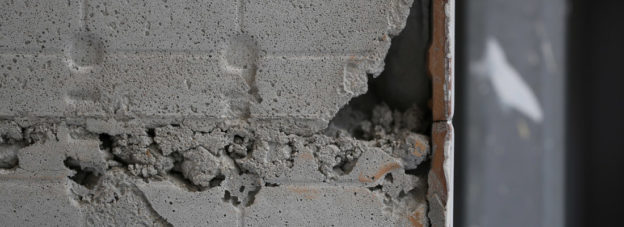In Arkansas, a workers’ compensation carrier’s subrogated recovery is subject to a determination of whether the injured worker—or, as the case may be, the worker’s surviving beneficiaries—has been “made whole” by the worker’s recovery against the third party tortfeasor. See, e.g., Yancey v. B & B Supply, 213 S.W.3d 657, 659 (Ark. App. 2005) (“An insured’s right to be made whole takes precedence over an insurer’s right to subrogation, and an insured must be fully compensated before the insurer’s right to subrogation arises.”) 1 More often than not, a “made whole” determination will completely eradicate the carrier’s lien.
But under the right circumstances, a workers’ compensation carrier may be able to avoid the harsh outcome of “made whole” by intervening in a pending third party action and subsequently filing a motion for dépeçage—i.e., the conflict of laws principle requiring the court to conduct a separate choice of law analysis for discrete issues in a given case. A motion for dépeçage, in this sense, would demand that the court conduct a choice of law analysis to determine what state’s workers’ compensation subrogation law will apply on reimbursing a carrier’s lien.
We recently exploited this often underutilized tactic—to avoid Arkansas’ made whole doctrine—in a case involving a fatal plane crash in Louisiana. In that case, the deceased worker and his beneficiaries were residents of Louisiana; the accident took place in Louisiana; the worker was officially employed in Louisiana; and the workers’ compensation insurance policy was governed by, and benefits were paid under, Louisiana law. The only “contact” with Arkansas 2, meanwhile, was that Arkansas was the defendant’s domicile.
Seizing upon these favorable circumstances, we intervened in the Arkansas state court action and immediately filed a motion for dépeçage, arguing that Louisiana law should apply on “workers’ compensation subrogation lien issues only.” The beauty of dépeçage is that it involves a choice of law analysis on a narrow, discrete issue. As a general rule of litigation, courts are generally more amenable to granting relief when the request is narrowly tailored for a specific purpose. Requesting that the court apply Louisiana law on all issues would have likely met with great disappointment and an adverse finding.
A motion for dépeçage is a highly technical litigation tool, but—as in the case of avoiding the “made whole” doctrine—brandishing such a motion at the right time, under the right circumstances, can mean the difference between some type of recovery and no recovery.
Robert M. Caplan is Counsel with White and Williams LLP and Workers’ Compensation Subrogation Team Leader. In addition to litigating and trying cases, Rob is a frequent lecturer at national and regional conferences held by the National Association of Subrogation Professionals (NASP) where he has been a Track Leader for the Workers’ Compensation Subrogation Track. Rob can be reached at caplanr@whiteandwilliams.com and 215.864.7012 .
.
[1] Other “made whole” jurisdictions include: Georgia, Montana, Nebraska (“fair and equitable”), New Mexico (“modified”), Oklahoma (“equitable apportion”), South Carolina (“equitable reduction”), and Washington.
[2] A “contact” with a state can mean many things—e.g., a party’s domicile, an employment relationship, the place where a tort or breach occurred, etc. Some states use the term “interest” instead of “contact,” but both generally mean the same thing—a qualitative measure of the degree to which a particular state is said to have a stake in the outcome of the case. See, e.g.,Specialty Surfaces Int’l, Inc. v. Cont’l Cas. Co., 609 F.3d 223, 229 (3d Cir. 2010) (“Pennsylvania applies a flexible rule which permits analysis of the policies and interests underlying the particular issue before the court and directs courts to apply the law of the state with the ‘most interest in the problem.’”).
This entry was posted in 




